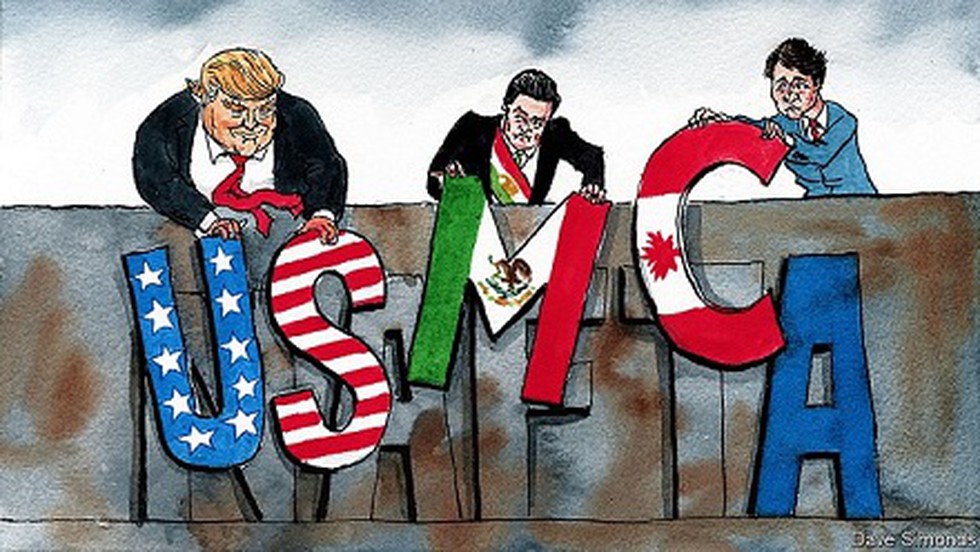
Background: North American Free Trade Agreement (NAFTA)
U.S.-Mexico-Canada Agreement (USMCA): Salient Features
AI-based prediction tool RoseTTAFold ...
The Reserve Bank of India (RBI) has r...
A new study offers a fuller understan...
Recently, it has been noticed that le...
Recently, the Drugs Controller Genera...
The Australian Federal Budget Documen...
The Prime Minister recently declared ...
European Union naval forces recently ...
A strange area around black holes cal...
Recently, an international team of re...